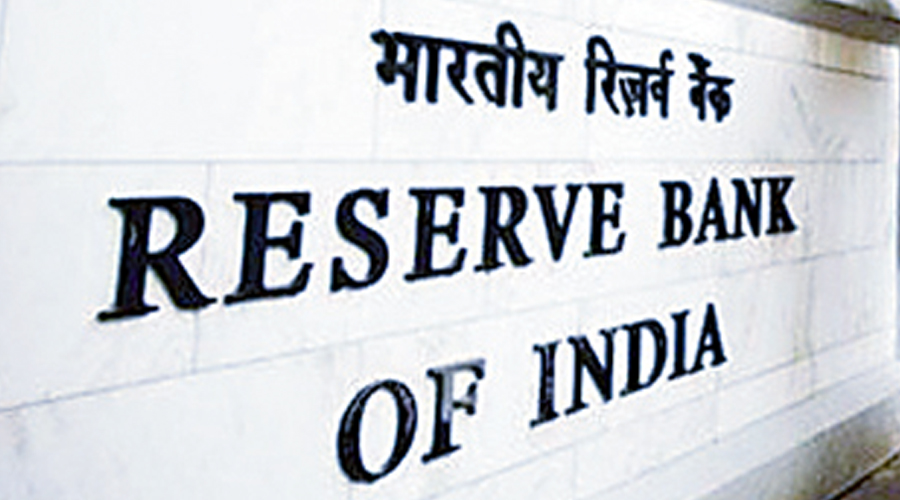Retail inflation in January hit a seven-month high of 6.01 per cent as it crossed the Reserve Bank of India’s upper threshold of 6 per cent. Hours before the announcement, RBI governor Shaktikanta Das forecast a benign price regime in the coming months. ‘‘The momentum of inflation is on a downward slope,’’ he said.
The wholesale price index for January remained in double digits at 12.96 per cent though it eased for the second consecutive month.
In both wholesale and retail inflation, released on Monday, food prices remained high. In WPI (wholesale price index), food articles inflation surged to 10.33 per cent in January from 9.56 per cent in December, the highest since February 2020. The thrust to retail inflation, on the other hand, came from higher food and beverage inflation which jumped to 5.58 per cent, a 14-month high.
‘‘In contrast to the central bank, we think consumer price inflation will rise a bit further over the coming months. That will increase pressure on the RBI to ditch its dovish tone — evident again in comments on Monday by governor Shaktikanta Das — and take decisive policy tightening steps,” Shilan Shah, senior India economist, Capital Economics, said
“Though Covid cases are falling, heightened geopolitical risks will keep energy prices and thus inflation at elevated levels,’’ Sunil Kumar Sinha, principal economist, India Ratings and Research, said. “Against this backdrop, we expect the wholesale inflation to be in double-digits and retail inflation close to the upper tolerance band of the RBI during the rest of the current fiscal.”
Madan Sabnavis, chief economist of Bank of Baroda , said high numbers in inflation were witnessed in the non-food segment as well.










